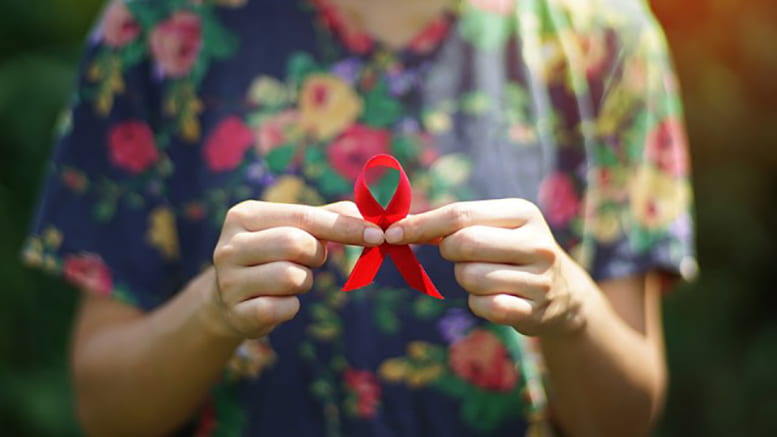On World AIDS Day, Dec. 1, experts say scientific innovations in HIV prevention and treatment remain elusive for many in the U.S. and around the world.
Professor Héctor Carrillo, of the department of sociology, discussed health inequality and what it will take to one day put an end to the epidemic, which claimed approximately 680,000 lives worldwide in 2020 alone.
“Over the past four decades, HIV/AIDS has disproportionally affected less-advantaged groups in most societies around the world,” Carrillo said. “Such disproportionate impact is a painful fact that the current COVID-19 pandemic has also reminded us of. In most places, groups affected by HIV/AIDS typically have included sexual and racial minorities, as well as other socially and economically disadvantaged communities. The prevalence of COVID-19, HIV/AIDS, and other health conditions in disadvantaged communities should prompt us all to continue emphasizing the pursuit of social equality, health equity, and improved access to health education and healthcare.”
Read more in Northwestern Now.

